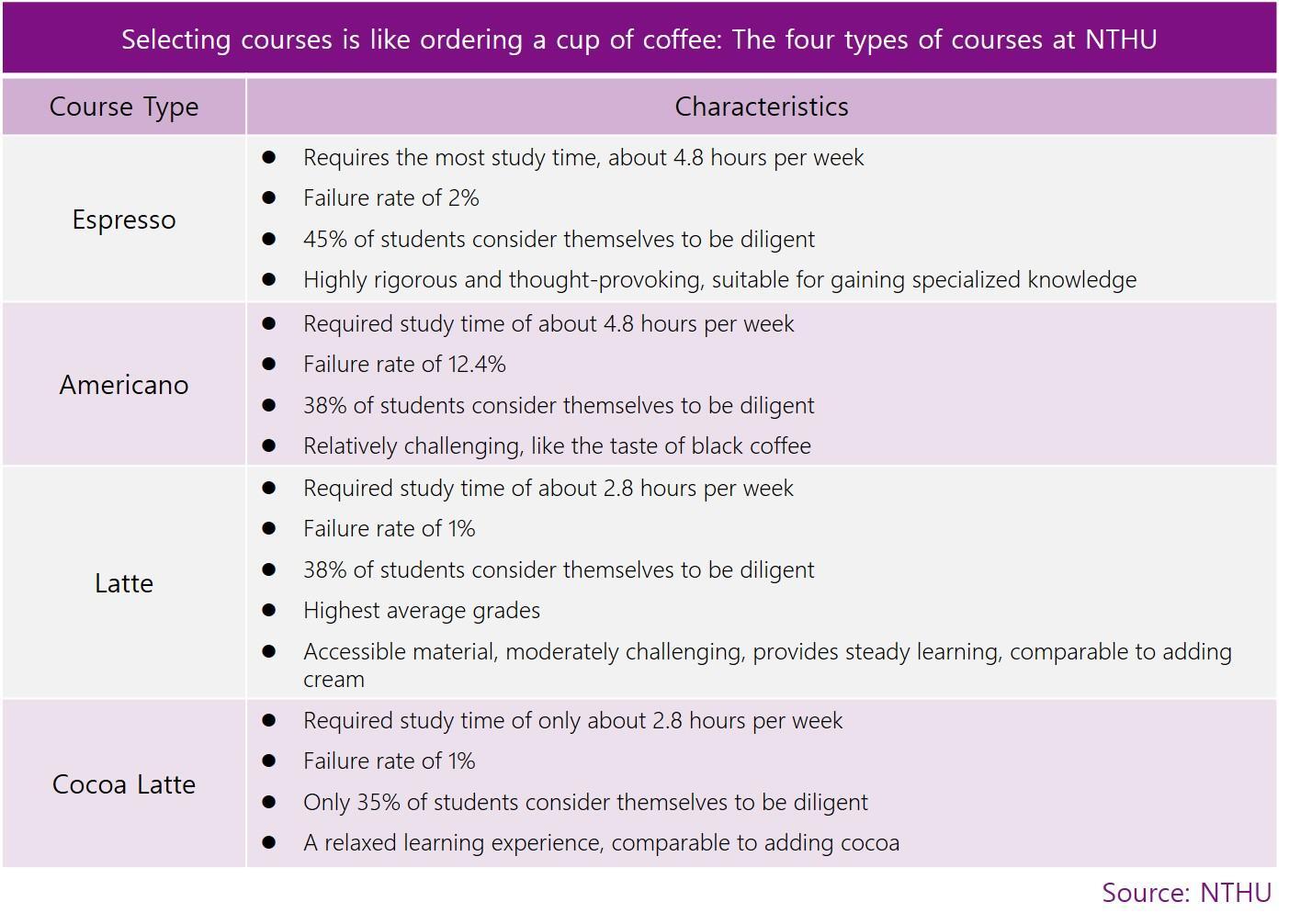2025.02.11
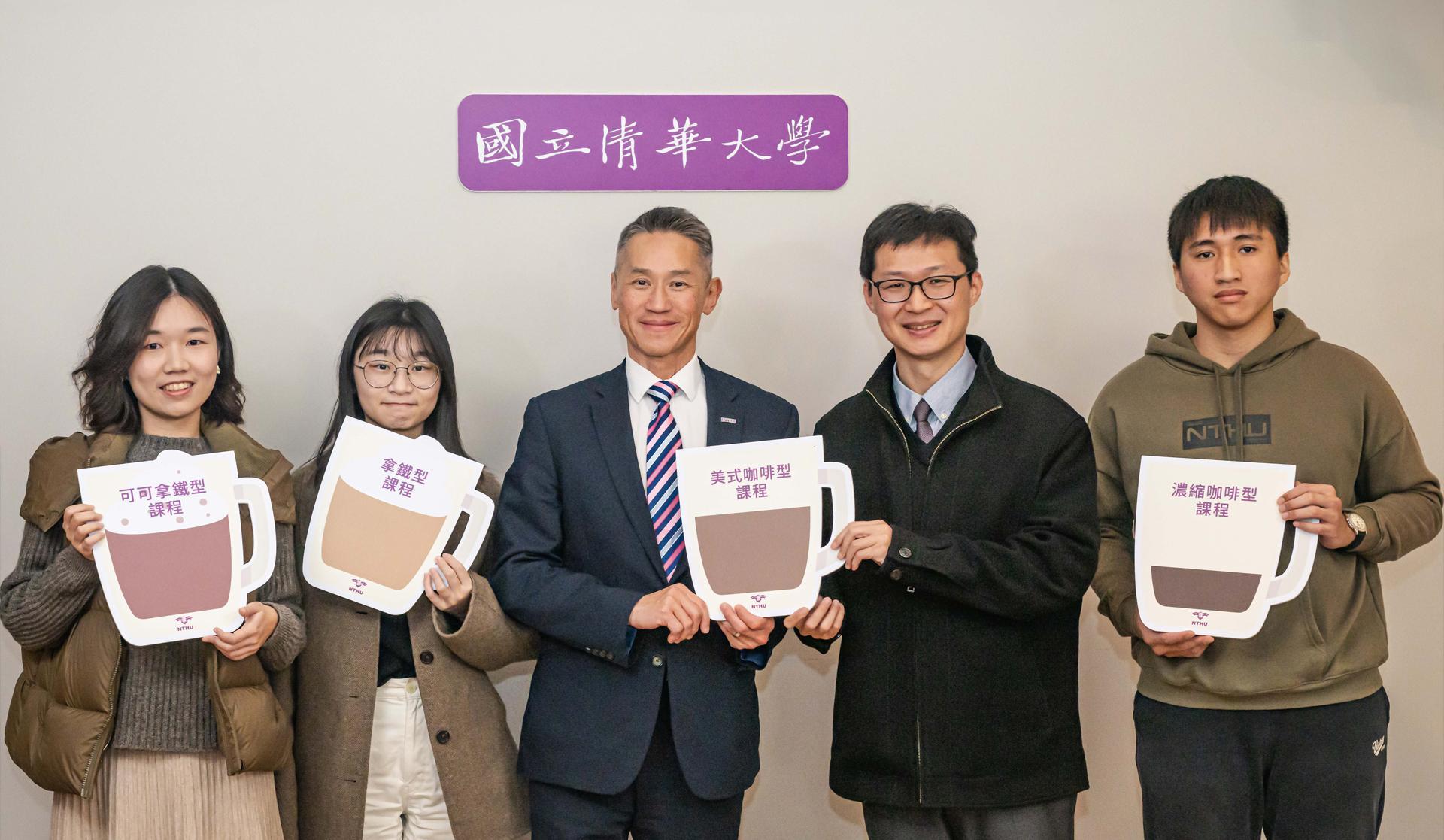
NTHU courses compared to four types of coffee. From left to right: Yu-Ping Tsai(蔡郁蘋)and Kai-Lin Tseng(曾凱琳), second-year master's students in the Institute of Learning Sciences and Technologies; NTHU president W. John Kao(高為元); CIR director Kuo-Liang Ou(區國良); and Feng-Mao Chen(陳豐茂), a senior in the Department of Electrical Engineering.
In light of the increasing attention being given to the issue of grade inflation in higher education, the Center for Institutional Research (CIR) at National Tsing Hua University (NTHU) in Taiwan has conducted a research project in which some 28,000 courses taught between 2016 to 2023 were classified into four types: espresso, Americano, latte, and cocoa latte, based on such factors as level of difficulty and amount of time invested. The study found that students with good grades tend to take highly challenging elective courses rather than simply selecting easy courses, as is commonly assumed.
The research team was led by CIR associate researcher Jo-Ying Chu(祝若穎)and used machine learning to classify elective courses other than those offered by the Center for General Education.
CIR director Kuo-Liang Ou(區國良)explained that a course that required at least five hours of study per week, gave grades commensurate with the amount of time invested, and focused on imparting professional knowledge was classified as an espresso type course; one that required about three hours of study per week, was challenging, and had the highest failure rate was classified as an Americano coffee; those which gave higher grades and for which around 70% of the students considered themselves to be diligent were classified as the latte type; those which were very easy and required little in the way of advance preparation were classified as a cocoa latte course.
The study found that top students preferred espresso-type courses, while students on the dean's list tended to choose courses in a balanced manner, without simply aiming for high scores. As for admission type, students in the Rising Star program were more likely to select highly challenging courses (6.3%), compared to those who applied for admission (5.98%) and those who were admitted on the basis of their scores in the college entrance examination (4.93%). Moreover, the academic performance of students in the Rising Star program was better.
It was also found that students who were the first one in the family to study at university were more likely to take challenging courses. Director Ou believes that this reflects the impact of education on inter-generational mobility. In addition, it was found that those who were most likely to select highly challenging courses were males studying science and engineering, and females in majors other than science and engineering. The findings are expected to help departments with curriculum planning.
NTHU president W. John Kao(高為元)said that these findings will be useful for formulating academic policies such as scholarship standards, and for optimizing the school's systems, noting, “The degree to which a mirror reflects the actual situation depends on how clear it is.” He also said that mirror-like big data analysis is necessary for accurately formulating school policies.
As a way of addressing grade inflation, in 2021 NTHU adopted a T-score system for grading, in which grades are based on relative performance and reflect students' learning outcomes in courses of different difficulty levels. One of the drawbacks of the traditional GPA grading system is that it tends to encourage students to blindly pursue high grades while avoiding difficult courses in which students get lower grades. By contrast, in a T-score system students are graded based on their relative performance in relation to their classmates, providing a more objective evaluation of students' learning performance in courses of different difficulty levels.
Feng-Mao Chen(陳豐茂), a senior in the Department of Electrical Engineering, said that when students are selecting classes they mainly consider what they will learn and what grade they are likely to earn, yet challenging courses such as Integrated Circuit Design still attract lots of students. Kai-Lin Tseng(曾凱琳)and Yu-Ping Tsai(蔡郁蘋), second-year master's students in the Institute of Learning Sciences and Technologies, said that they enrolled in a course on AI to improve their cross-disciplinary capabilities, demonstrating the diversity of resources at NTHU.
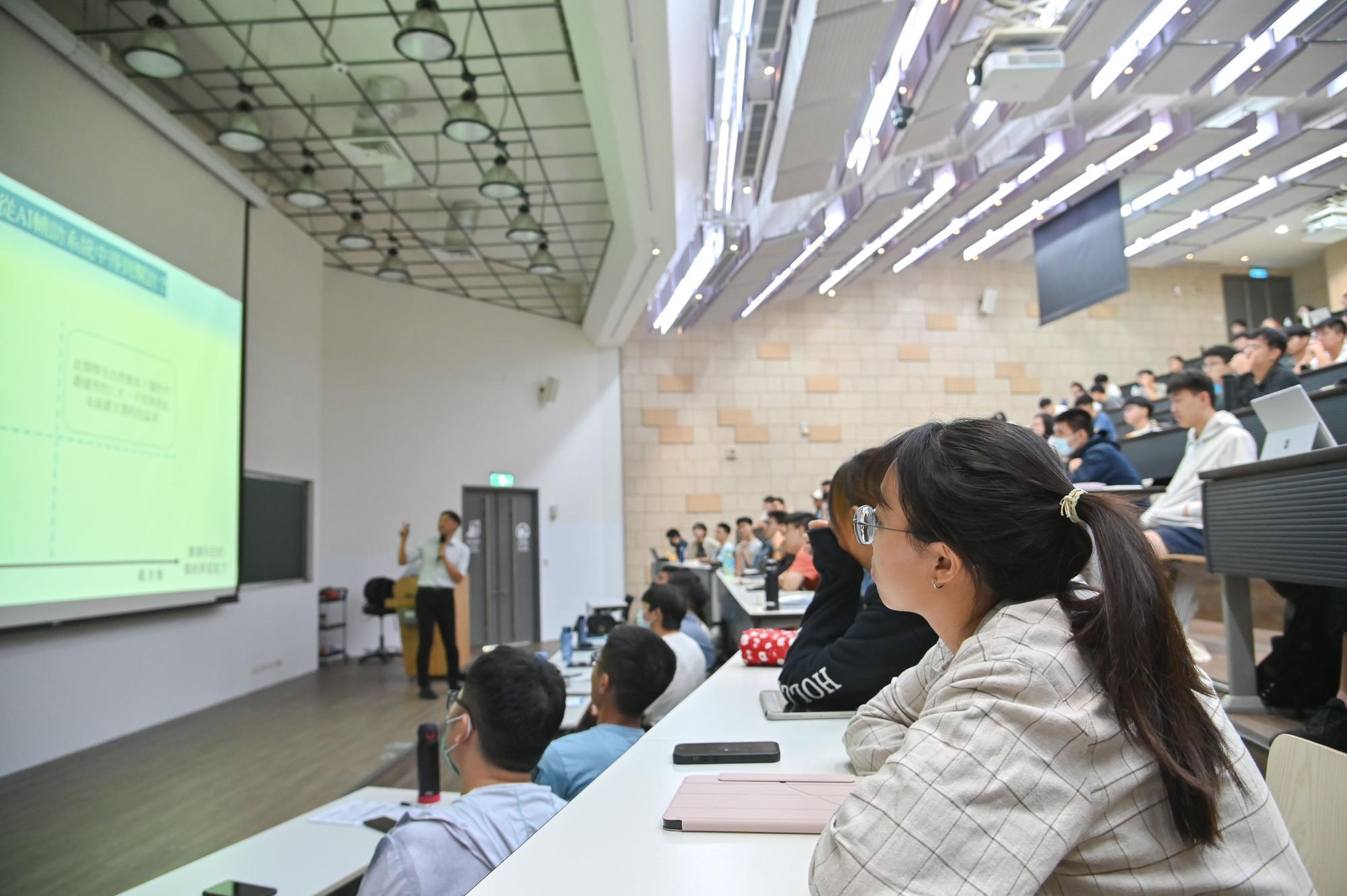
The study found that NTHU students with good grades tend to take highly challenging elective courses rather than simply selecting easy courses, as is commonly assumed.
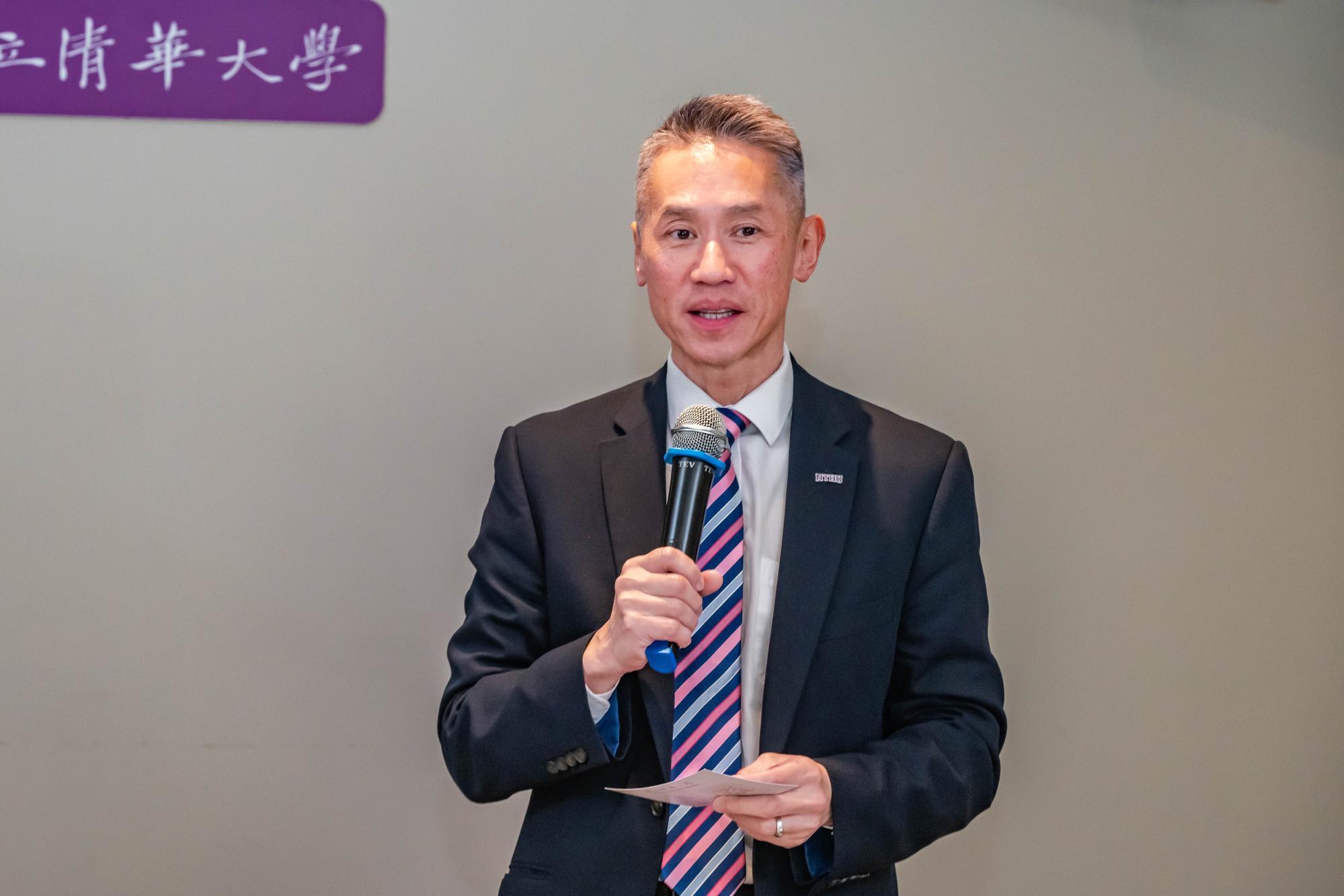
President Kao(高為元)said that the findings consist of objective data that will be useful for formulating academic policies at NTHU.
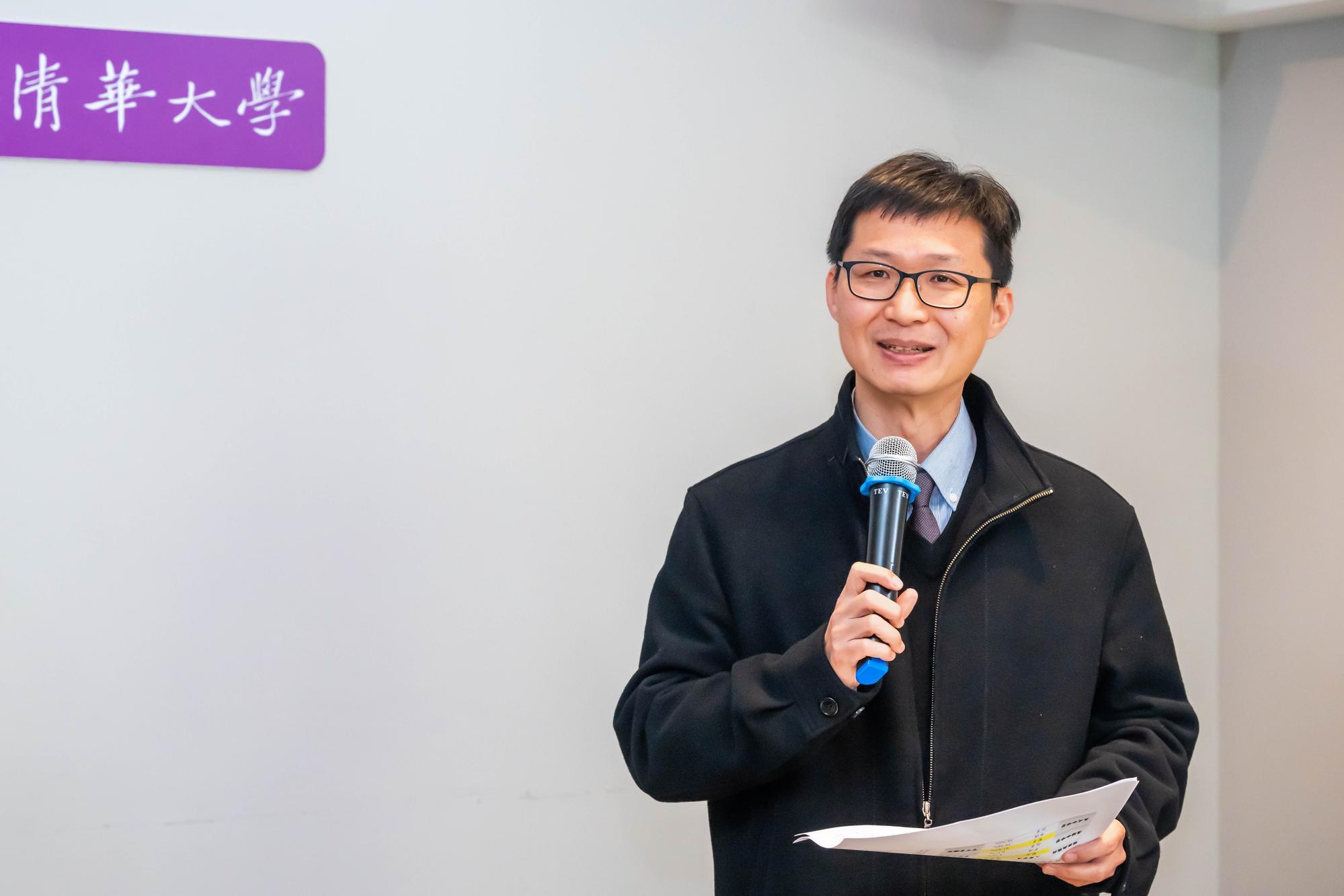
CIR director Kuo-Liang Ou(區國良)said that the findings are expected to encourage students to be more ambitious in their studies.
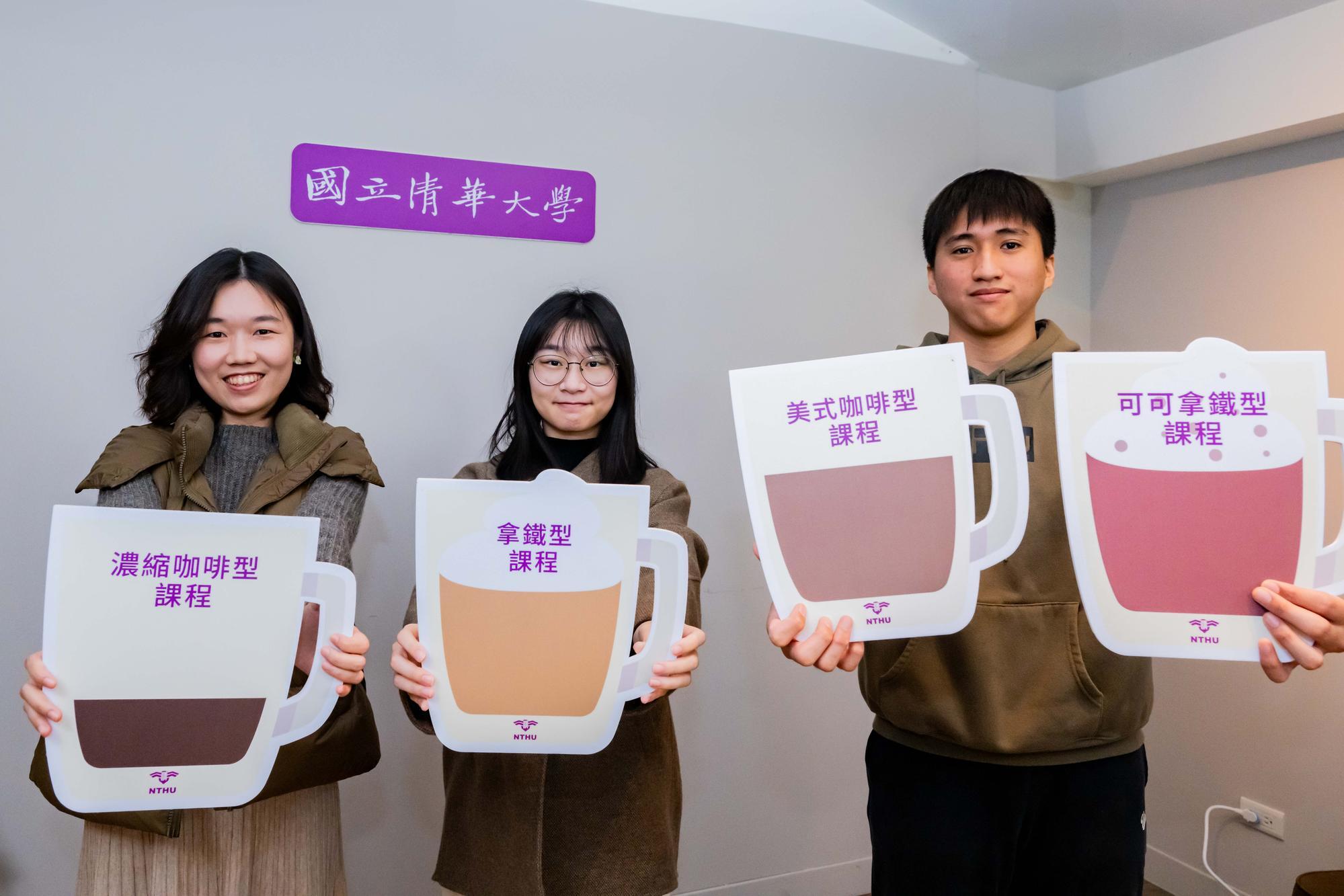
From left to right: Yu-Ping Tsai(蔡郁蘋) and Kai-Lin Tseng(曾凱琳), second-year master's students in the Institute of Learning Sciences and Technologies; and Feng-Mao Chen(陳豐茂), a senior in the Department of Electrical Engineering. In their experience, students are willing to take challenging classes as long as they believe they will learn something useful.





